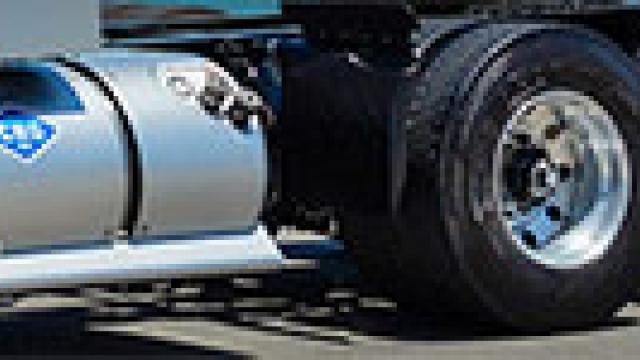Natural gas vehicles (NGVs) have a favorable safety record compared to almost any traditional or alternative fuel vehicle available.
Safety Advantages of Fueling with Natural Gas
- Is as safe as gasoline or diesel fuels
- Is not toxic to touch
- Has a very narrow concentration range for combustion, which reduces the possibility of accidental combustion
- Is lighter than air and will rise and dissipate into the air if released
- Has an added odorant, making it easier to detect
- Does not form combustible pools on the ground, as other fuels might
Natural Gas Storage Cylinders
The cylinders that hold the compressed natural gas are significantly stronger than gasoline tanks. They can withstand impact and bonfire testing and meet or exceed U.S. Department of Transportation safety standards.
Cylinder Inspection: 36 months or 36,000 miles
CNG cylinders have a limited lifespan of generally 15 to 20 years. They also need to be inspected periodically. The current standard for this interval is every 36 months or 36,000 miles, whichever comes first, or after any vehicle accident or fire. Please consult the manufacturer of your vehicle to find the specific interval for your cylinder.

